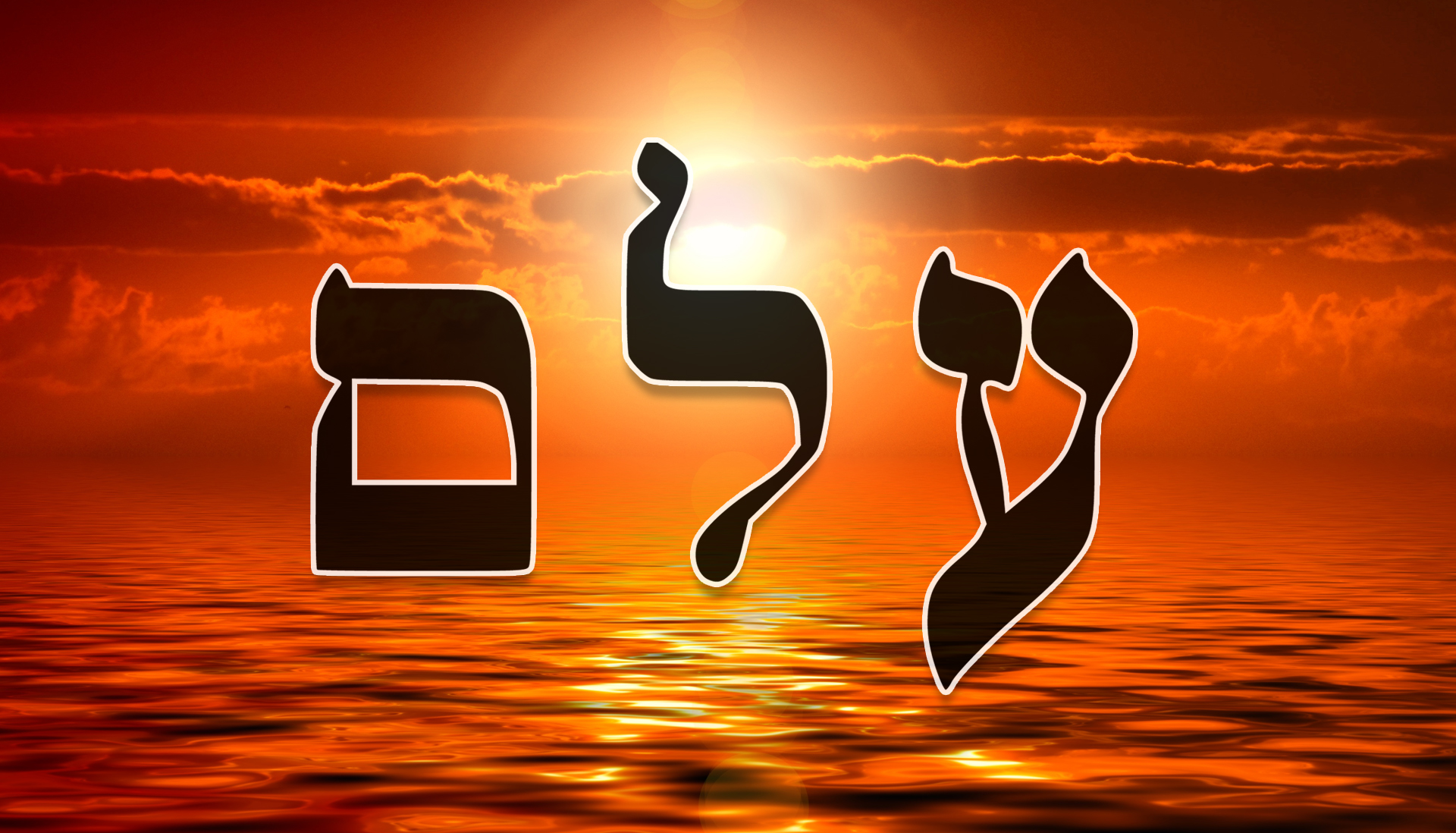Kabbalah and the Spiritual Path
One question I am often asked is how one can strengthen their relationship with God, particularly during periods of doubt or when one is feeling disconnected from God. As a Mormon Kabbalist, I generally endorse Kabbalistic principles. Kabbalah is the mystical arm of Judaism. Like Mormonism, it seeks to understand the truth of God and the universe. It incorporates a variety of spiritual practices, including prayers, meditation, and scripture. The idea is that anyone can achieve greater spiritual awareness and connection with the divine. Like Mormonism, Kabbalah places a strong emphasis on personal revelation and direct communication with God.
Avoiding Fornication
To understand God’s view of fornication, we must understand the relationship between God and the Church. In the Scriptures, God is the Groom. The Church (all of us) is the Bride.
Serving Others
“And behold, I tell you these things that ye may learn wisdom, that ye may learn that when ye are in the service of your fellow beings, ye are only in the service of your God.” Mosiah 1:49 RAV, 2:17 OPV
In Kabbalah, there is a focus on moving away from Ego towards godly altruism. The essence of not just Mormon Kabbalah, but every form of Kabbalah is “love thy neighbor as thyself,” the second greatest commandment as taught by Jesus (Leviticus 19:18, 33-34). Kabbalist teacher Rav Akiva taught that loving others as we love ourselves is the purpose of all spiritual teachings and the very heart of our spiritual work. Altruism, to the Kabbalist, isn’t just giving, it is serving others; it’s not just a hand out, it is a help up. And, it is more than what we do or what we give, there is a focus on the how and the why as well.
Ego vs Altruism
“For all the law is fulfilled in one word, even in this; Thou shalt love thy neighbour as thyself.” -Galatians 5:14
In Mormon Kabbalah there is a theme of change. We grow in Grace, and as we do we grow from Egoism to becoming Godlike – altruistic. This is because as we grow to love God more, we learn to love our neighbors as ourselves to greater degrees. What is this Egoism we’re trying to shake off?
Ayin Lamed Mem
“Return, O Lord, deliver my soul: oh save me for thy mercies’ sake.” -Psalms 6:4 KJV
Ayin Lamed Mem is a meditation to help us remove negative emotions or thoughts. Negative emotions feed Ego, and we think selfishly as fear and panic rule us. Ayin Lamed Mem reminds us that God’s divine providence is by our side. As we find our centers and detach ourselves from negative influences, balance and harmony return to us.
People Say I Should Obey God – How?
From a question on Quora.
“People tell me I should obey God. How do I do that? In what way? Are there steps or instructions somebody can give me instead of having to look for it in the Bible?”
Born that Way
“And they are free to choose liberty and eternal life, through the great mediation of all men, or to choose captivity and death, according to the captivity and power of the devil.” -2 Nephi 1:120 RAV, 2:27b OPV
I was talking to someone once about a sin they were trapped in. They stated that they were “born that way,” that God had made them with that sin (think lying, stealing, etc.) and so they didn’t need to repent of it. The idea was that if God is perfect, then His creations are perfect, and there is no sin in what they were “born to do.”
Love Thy Neighbor
The following is based on a portion of a transcript from a sermon from November 21, 2015.
In the Torah, in Leviticus 19:18, the Lord says, “Thou shalt not avenge, nor bear any grudge against the children of thy people, but thou shalt love thy neighbor as thyself: I am the Lord” (Holy Bible, KJV). This is an interesting concept, love thy neighbor as thyself. Sure, it’s not unfamiliar to Jews, Christians, or really any religion. This statement reflects the point of all world religions.
The Internal Struggle
“Behold, that great city Zarahemla have I burned with fire, and the inhabitants thereof.” -3 Nephi 4:11 RAV, 4:28 OPV
I’ve seen a number of posts on social media basically stating that God murders children. The idea is that when Jesus was crucified, the cities in the New World that were destroyed meant that innocent children were killed as well. At one point another gentleman, a faithful Latter-day Saint, pointed out that the same thing happened with the destruction of Sodom and Gomorrah in defense of the cities destroyed in the Book of Mormon. However, this really misses the point of the scripture.
Avoiding the Appearance of Evil
“Prove all things; hold fast that which is good. Abstain from all appearance of evil. And the very God of peace sanctify you.” – 1 Thessalonians 5:21-23
Paul told the Thessalonians to “abstain from all appearance of evil” (1 Thessalonians 5:22). This is a very hard task indeed. Even Jesus Christ couldn’t avoid the appearance of evil. Sure, his accusers could find no fault with him, but they still saw him as evil (See John 5:8-12, 6:41-42, 7:12, & 9:16).
A Broken Heart
“The Lord is nigh unto them that are of a broken heart; and saveth such as be of a contrite spirit.” -Psalms 34:18
When teaching the people he had gathered in the Americas, Jesus did away with the sacrificing of animals. He asked for something more personal when he told them, “ye shall offer for a sacrifice unto me a broken heart and a contrite spirit” (3 Nephi 4:49 RAV, 9:20 OPV). But what does this mean?











